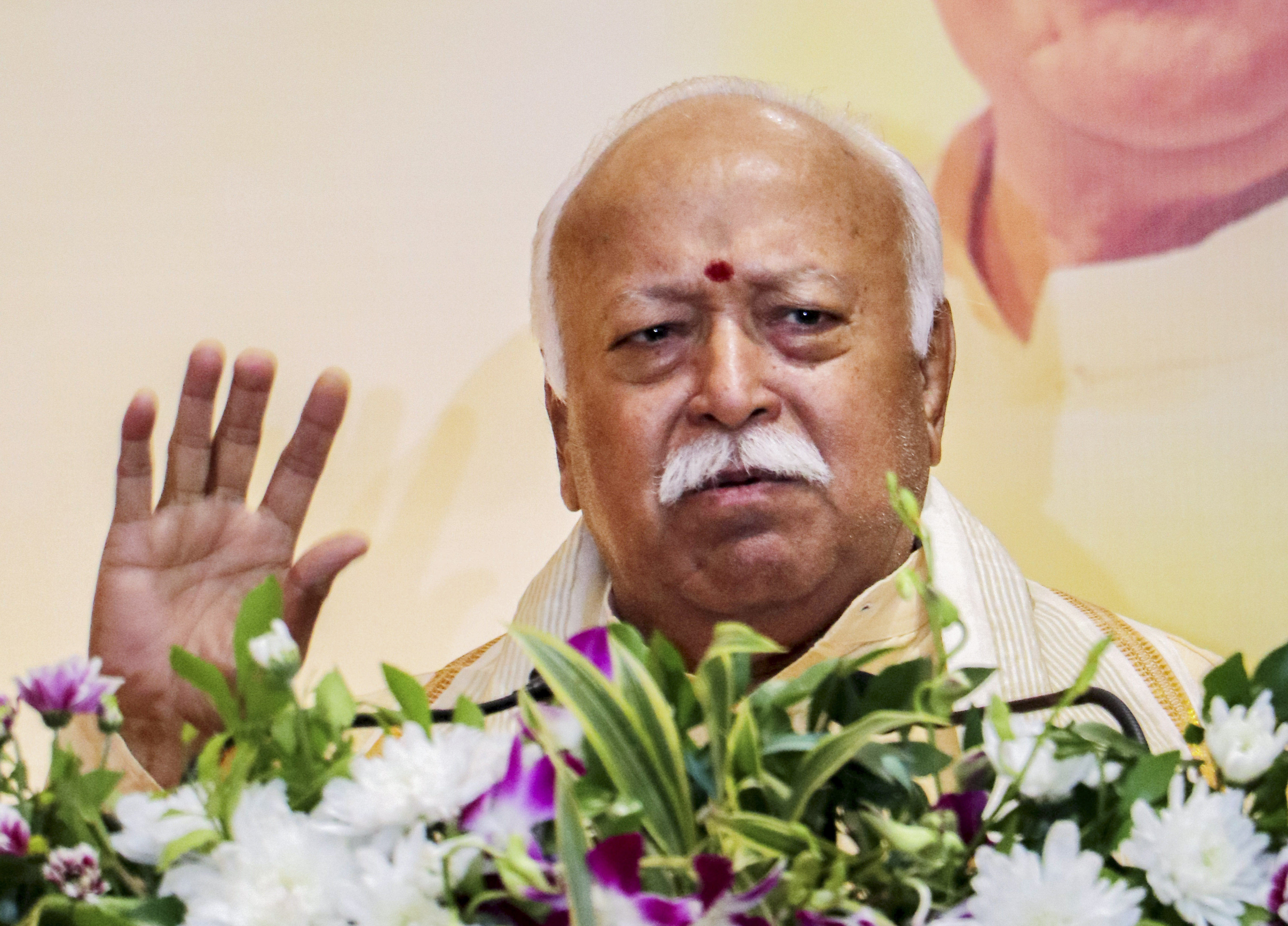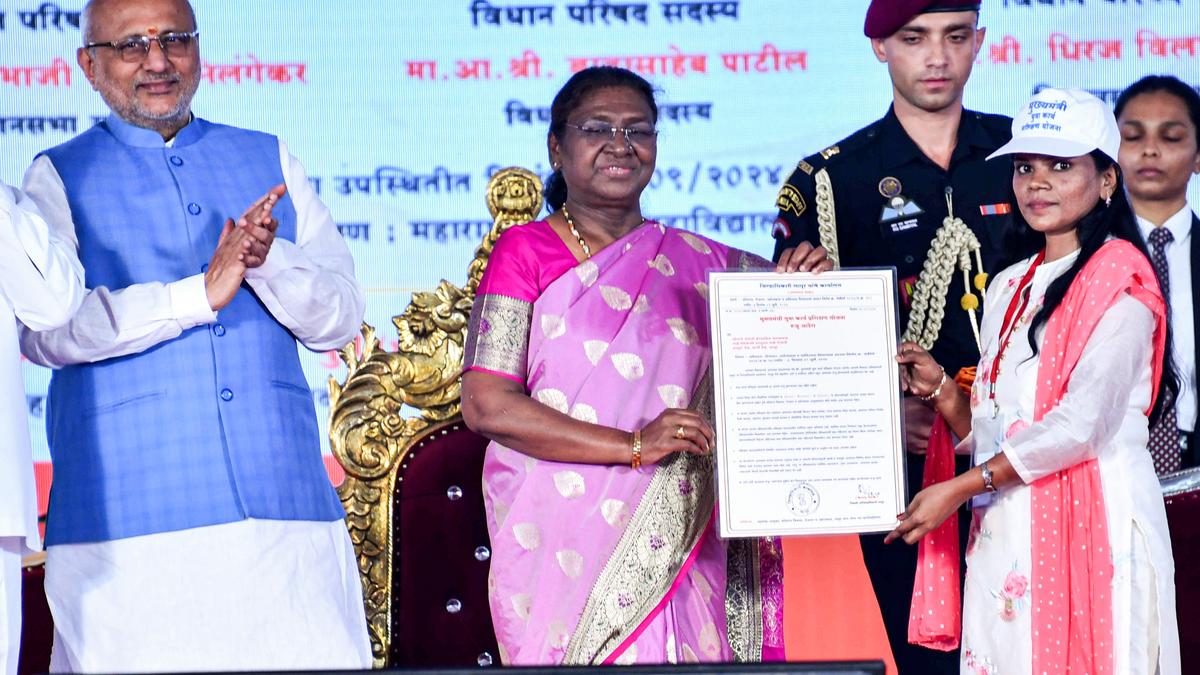_1614138046832_1614138059970_1632208270391.jpg)
How can Indians reduce their son bias
Hindustan TimesAs we recover from the economic consequences of Covid-19 with the hope of building back better, one of the most pressing needs is to ensure a better life for India’s women. Supporting the hypothesis that it is improvement in potential earning power that matters, the NFHS data for rural Bihar also report a steady improvement in women’s role in household decisions, with 87% of currently married women in the state reporting being involved in 3 or more household decisions in the 2019-20 survey, compared to 75% in the 2015-16 survey. The persistence of son preference despite this improvement in women’s economic status suggests that the hypothesis that such improvements will reduce gender inequalities in the next generation is false. The persistence of son preference, despite improvements in economic growth and in women’s economic status, thus reflects the fact that investments in sons currently provide the best means for women to ensure their own future well-being. While Improvements in women’s access to loans and to income-earning opportunities do help to redress women’s greater vulnerability to income shocks and to improve their role in household decisions, reduced dependence on sons requires improvements in household incomes that are large enough to enable savings against income shocks and to provide for old age.
History of this topic

Women, babies, growth: ‘Not a switch that can be turned on and off’
Hindustan Times
Addressing gender inequalities: India needs bold steps
Hindustan Times
Why India can’t afford women staying out of labour market
Live Mint)
India Sex Ratio Gets Further Skewed When There is No Male Sibling: Report
News 18
Gender Pay Parity: 37% Indian Working Women Get Paid Less Than Men, Suggests Report
ABP News)
Eq vs IQ: How To Bridge the Opportunity Gap in Education of Women from Underprivileged Sections
News 18Discover Related

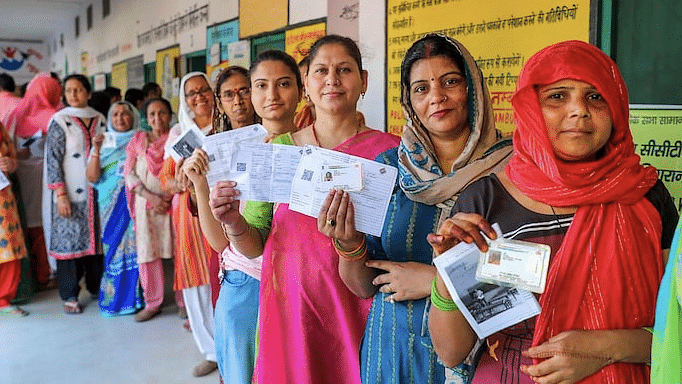

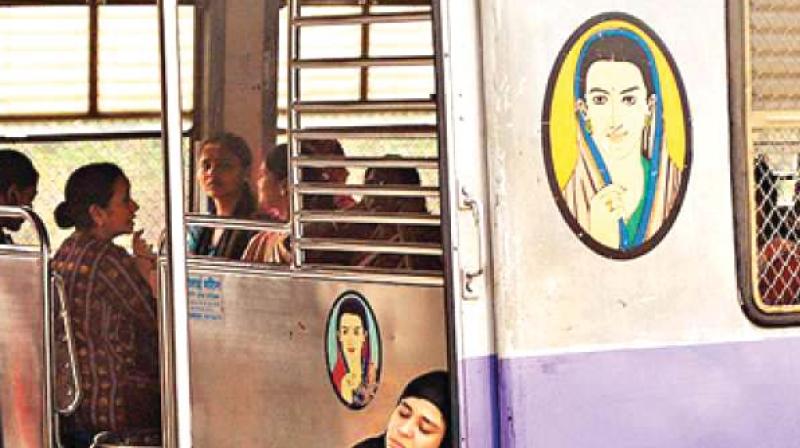
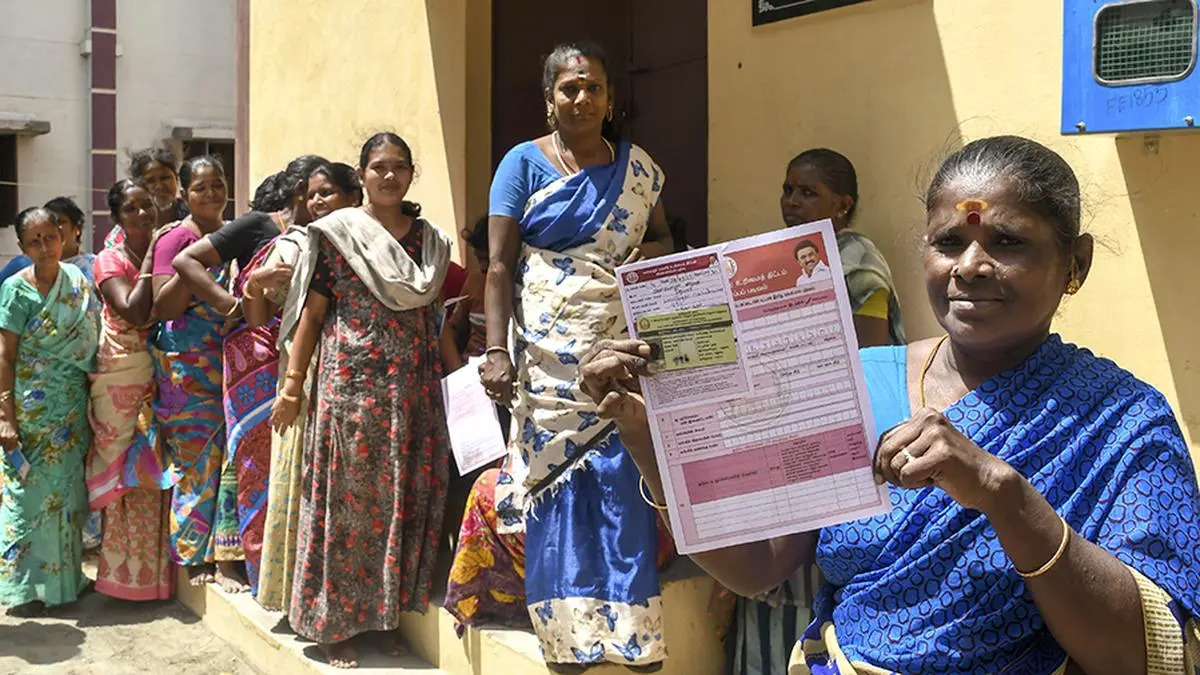




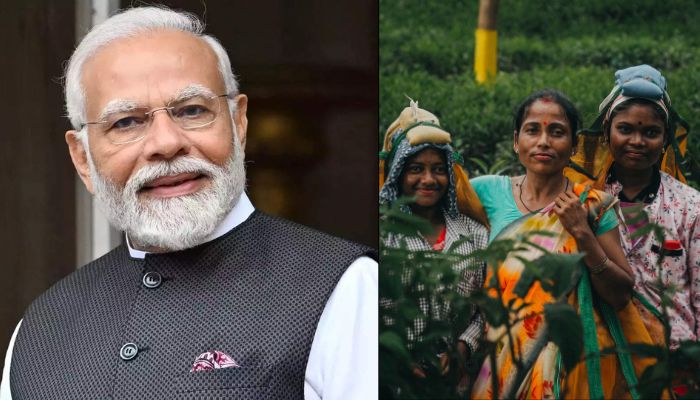

)



















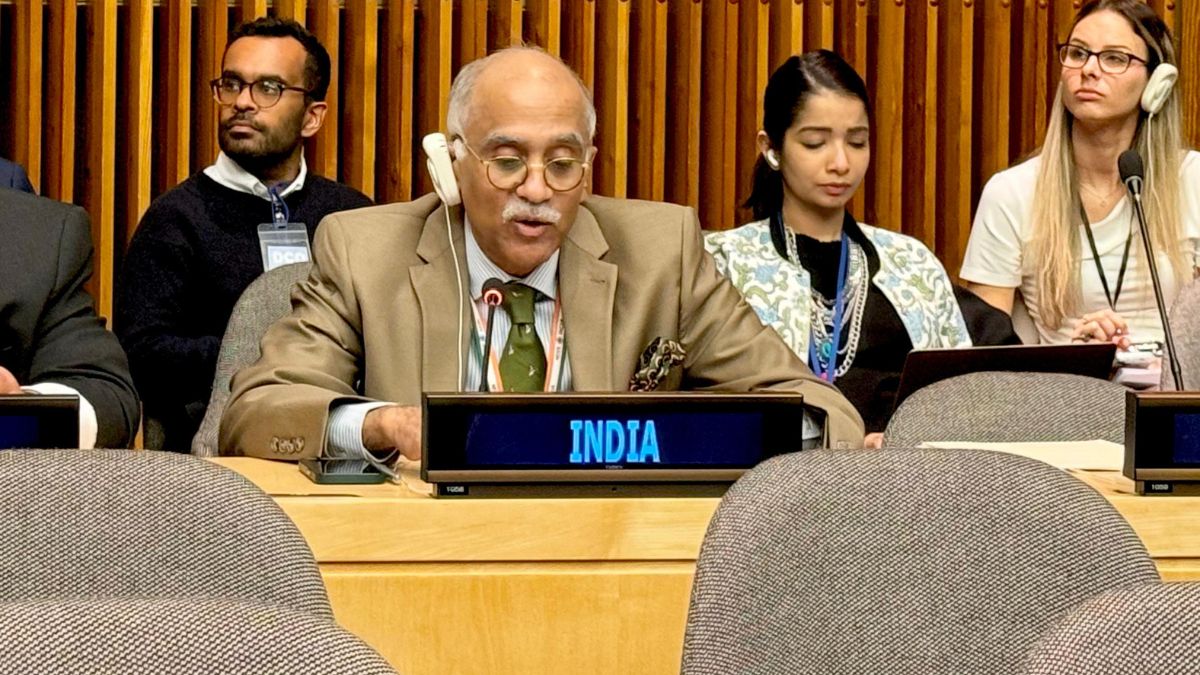

)


)





